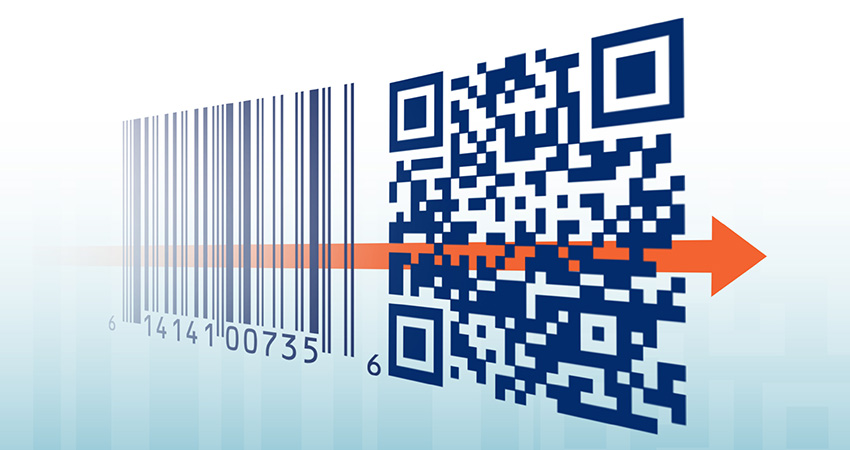Standards body GS1 US is looking for major retailers and brands to step up and implement its QR-like Digital Link 2D barcode on packages, in order to drive broader market adoption and enable the transmission of richer data that can unlock a trove of value-added services like discounts and offers at checkout.
The new barcodes, an upgrade on UPC labels in use for nearly 50 years, will also aid in inventory management across the supply chain, while preventing items with expired dates or recall orders from being sold.
They can also provide consumers with a wealth of information about where a product or its component materials or ingredients were sourced from, in an era where sustainability and health are larger concerns. Puma was the first major brand to introduce them in the U.S., while Pepsi is using GS1-based 2D barcodes on its Starry soda to drive greater personalization and customer engagement, Progressive Grocer reports.
Carrie Wilkie, SVP of standards and technology at GS1 US, said the organization has launched a worldwide push called Sunrise 2027. Wilkie said adoption so far has been faster in countries like Japan, Australia and New Zealand, as well as Brazil, Belgium and Switzerland.
Wilkie said smaller retail footprints and less of an installed base, plus some legislative requirements, have accelerated the pace in those countries. She added the pharmaceutical industry has been using them for some time, due to stricter FDA regulations on prescription and OTC medications.
“Sometimes you need a large brand or retailer to get behind it,” Wilkie said. “Everyone sees the value proposition, including retailers who never have to let a recalled or outdated product out of the store again. No one has the resources to send someone up and down every aisle to make sure there are no expired products.”
Development of the 2D standard began in 2017, when GS1 looked ahead and saw a growing focus on sustainability as well as robotic automation processes, both of which could be aided by machine-readable packaging data. Wilkie said QR code technology, which had a moment during the pandemic, made the process easier with an existing data matrix already tested in the market.
Asked about use of 2D barcodes in warehouses and fulfillment, Wilkie said the initial focus is on POS, retail inventory visibility and sustainability. “We’re evaluating use cases for distribution and warehousing beyond moving consumer-level products through the supply chain,” she said.
A working group of hardware and software providers, including POS systems and handheld scanner manufacturers, began meeting with GS1 about 18 months. The purpose was to ensure that systems could correctly read packaging with both a UPC and a 2D barcode, or just 2D, and still ring up items correctly at checkout.
Wilkie said with an eye toward a changeover down the road, retailers and brands should start considering adding questions about 2D barcode compatibility to RFPs on POS and inventory system upgrades or replacements. “It can be done as part of a regular maintenance cycle,” she said. “Can they support the addition of dynamic, machine-readable information?”

